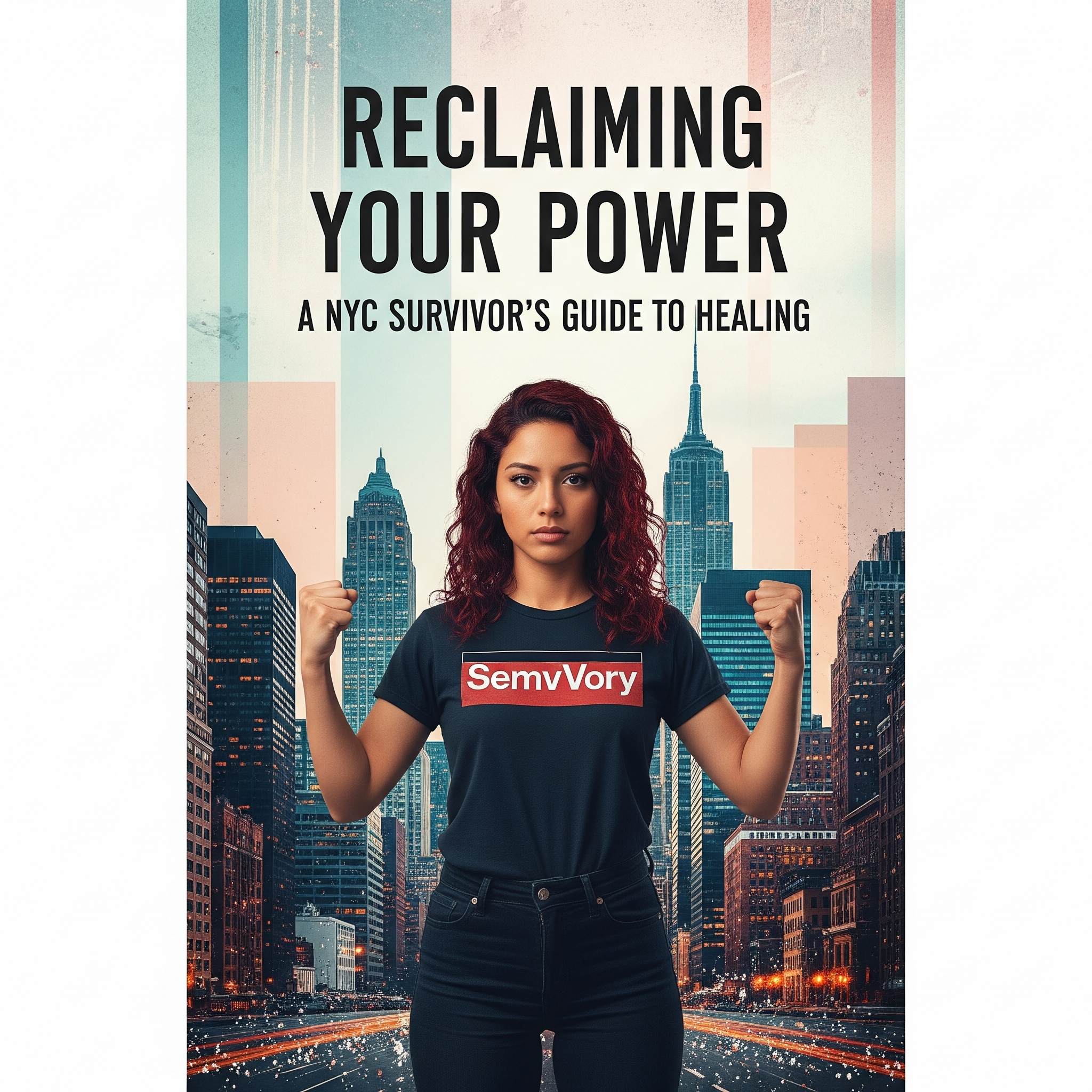Reclaiming Your Power: A NYC Survivor's Guide to Healing
A guide for survivors of traumatic experiences in New York City, offering information on support groups, therapy, legal resources, and self-care strategies.

Healing in the City: A Guide for Trauma Survivors in New York City
New York City’s energy and diversity can inspire growth, but its pace can also feel overwhelming for those healing from trauma. This guide offers a roadmap for survivors seeking support, community, and self-care amid the city’s bustling streets. Remember that recovery is a personal journey and that NYC’s network of resources is here to help you reclaim resilience and hope.
Acknowledging Your Experience
Recognizing the impact of trauma is the first step toward healing:
- Notice physical and emotional reactions, such as anxiety, overwhelm, or fatigue
- Give yourself permission to feel and process difficult emotions without judgment
- Understand that healing takes time and that setbacks are part of the journey
Finding Community Support
Connecting with others who understand can provide validation and strength:
- Support groups: Seek survivor-specific circles offered by organizations like Safe Horizon, Domestic Abuse Intervention Project NYC, and NYC Alliance Against Sexual Assault
- Online forums: Explore moderated communities for trauma survivors on platforms such as Reddit’s r/CPTSD or dedicated mental health apps
- Peer-led workshops: Attend free or donation-based events at community centres and libraries focusing on shared healing practices
Accessing Professional Services
NYC offers a range of trauma-informed care options:
- Therapists and counselors: Use directories like Psychology Today or the NYC Well website to find licensed professionals specializing in trauma recovery
- Crisis hotlines: Dial 988 for the Suicide and Crisis Lifeline, or call Safe Horizon’s 24/7 helpline at 1-800-621-HOPE (4673) for immediate support
- Sliding-scale clinics: Contact local community health centres and nonprofit clinics for low or no-cost counselling services
Navigating Legal and Advocacy Resources
Survivors may require legal guidance and protection:
- Legal Aid Society: Free legal assistance for low-income New Yorkers on issues such as restraining orders and family law
- Victim advocacy programs: Organizations like Sanctuary for Families offer court accompaniment, safety planning, and legal referrals
- Know your rights: Access information on protective orders and criminal justice processes via the NYC Family Justice Centers
Making Space for Self-Care
Design moments of calm and restoration in the city that never sleeps:
- Urban retreats: Explore the New York Public Library’s Quiet Rooms or the city’s many botanical gardens and waterfront paths
- Creative outlets: Join free art workshops at museums during open studio days or take a group writing class at local community centres
- Mindfulness practices: Attend donation-based meditation sessions at Buddhist centres or use apps like Insight Timer for guided practices
Building Personal Resilience
Integrating healing into daily life helps strengthen inner resources:
- Set small, achievable goals: Track progress with a journal or app and celebrate each step forward
- Establish routines: Create morning or evening rituals that include movement, reflection, or relaxation
- Seek mentorship: Connect with survivor mentors through programs like Peer Action NYC or trauma survivor networks
Resources to Explore
- NYC Well (dial 988): Free, confidential mental health support and referrals
- Safe Horizon: Crisis intervention, counselling, and survivor support
- NYC Alliance Against Sexual Assault: Training, advocacy, and survivor networks
- Family Justice Centers: One-stop hubs for legal, social, and mental health services
- Public Library of NYC: Free meeting spaces, workshops, and digital self-help collections
Conclusion
Healing from trauma in New York City requires patience, self-compassion, and connection. By leveraging community support, professional services, legal advocacy, and self-care practices, survivors can navigate their path toward recovery with greater confidence and hope.
